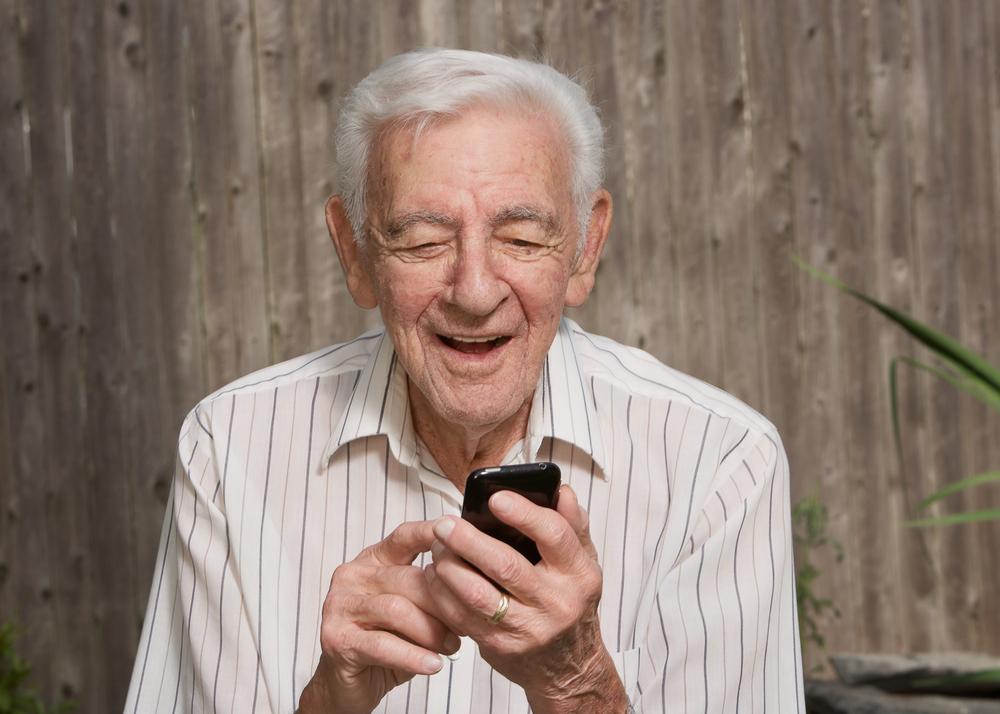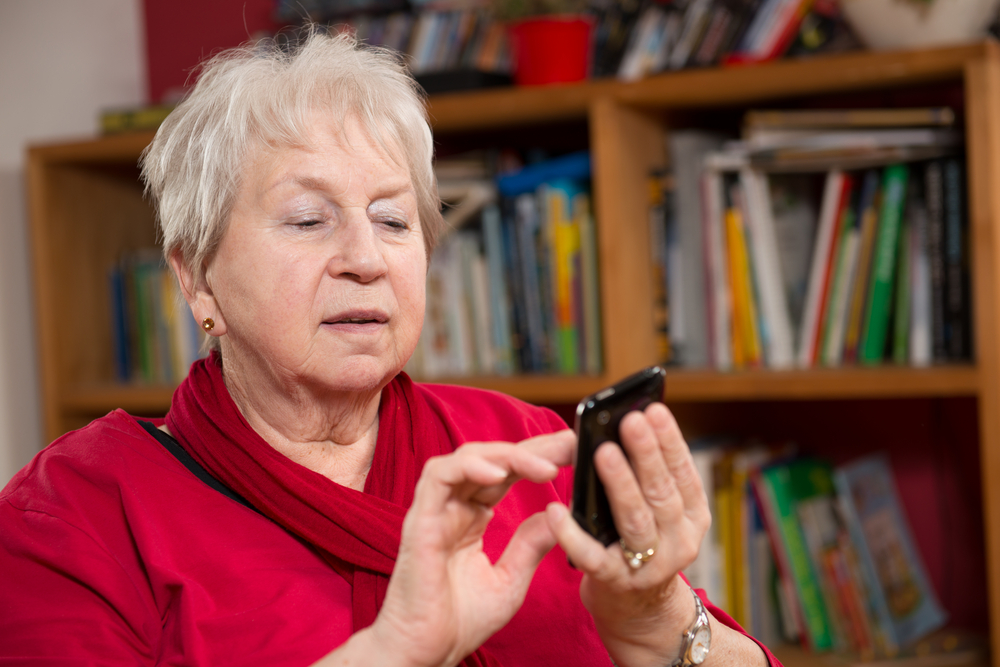Guide to Free Mobile Phones for Seniors on a Budget
Discover how seniors can access free cell phones through government programs and no-contract plans. Learn about affordable prepaid options, eligibility criteria, and how to stay connected in emergencies. This guide details available resources and steps to obtain low-cost communication devices, ensuring seniors remain connected and safe without financial stress.

Guide to Free Mobile Phones for Seniors on a Budget
For seniors facing financial challenges, there are options to obtain free mobile phones for emergencies and essential calls through various no-contract plans. These programs include free wireless phones based on income eligibility, along with monthly airtime minutes, making it easier for seniors to stay connected without added costs.
To acquire a free cell phone, seniors can explore affordable deals online or at local stores. No-contract smartphones are ideal for occasional users, providing straightforward communication solutions without lengthy commitments.
Prepaid phones, which don't require a contract, help seniors save money and avoid credit checks, fixed monthly bills, or hidden fees associated with traditional plans. These devices come with a set amount of minutes, texts, or talk time, usable within a designated period. Major providers like Verizon, AT&T, as well as independent networks such as Cricket, Net10, and Virgin Mobile, offer budget-friendly prepaid options.
Additional providers like T-Mobile and TracPhone also feature competitive free phone plans. One recommended model is the Doro PhoneEasy 618, sold via Consumer Cellular, designed for seniors with simplified features and large buttons. Its no-contract plans start at $10 monthly, with initial costs around $60.
Lifeline Assistance Program
The Lifeline Assistance Program is a federal initiative that offers free cell phones and airtime to qualifying low-income individuals, providing 250 minutes of monthly talk time and texts. Many Americans are eligible, but only around 15 million have enrolled.
National providers like Assurance Wireless and Safelink collaborate with regional carriers to distribute free phones and minutes. To qualify, applicants must prove participation in programs like Medicaid, Food Stamps, or other government benefits, or have household incomes below 135-150% of the Federal Poverty Level, varying by state.
This program is especially beneficial for seniors seeking affordable communication tools. Interested individuals should check their eligibility and service options by visiting the official site and entering their zip code. Having a basic or mobile phone is vital for emergencies and maintaining essential connections in today’s world, particularly for seniors needing reliable, low-cost communication options.










